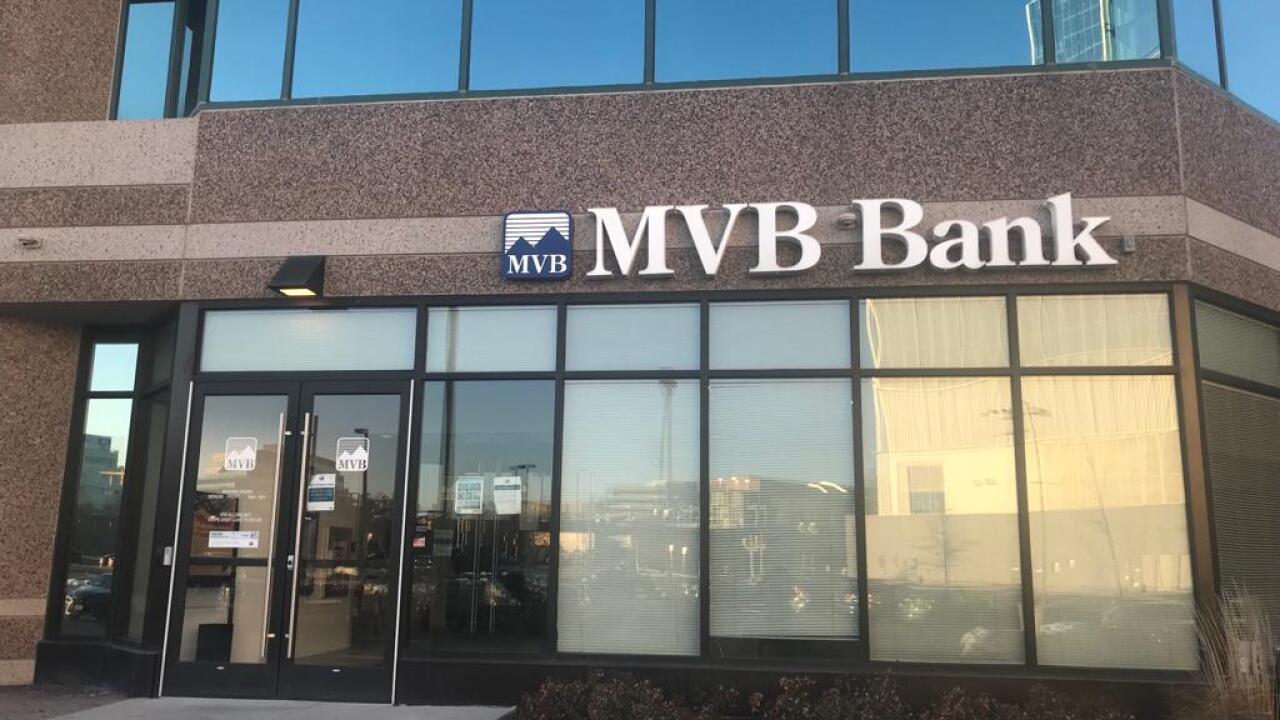CHICAGO -- Internet of Things and blockchain technologies are advancing in their own lanes, but are likely to end up on the same highway to power payments and security.
Because blockchain is a distributed ledger technology that digitally records transactions and other data in "blocks" stored in a linear chain that remains unchanged, one of its key benefits is illustrating the data has not been tampered with.
That trait will be critical to monitor and secure transactions and data, especially those moving between connected machines and devices, as is being developed in IoT, experts at the annual IoT Summit said this week.

If done properly, the appliances, wearables, vehicles and other machines processing data and initiating transactions in the future would deliver information directly to a blockchain that would validate personal and device identity and keep a record of transaction flow and data.
"Digital identity is the Holy Grail of this entire process," said Dominick Schiener, co-founder of Berlin-based IOTA Foundation, a blockchain developer. "When a person has a digital identity, it will be easier to protect that identity and all of the digital data associated with that person and, in turn, it will foster making payments through devices and carrying out other tasks. Establishing machine-to-machine payments, like an appliance making a payment and the transaction info going into the blockchain, will call for an entirely different architecture (than current networks)."
Because IoT will rely on device identity as a key driver, it will complement advancements in consumer digital identity as well, and find a safe haven in blockchain, Schiener said.
It is common for blockchain providers like
One of the major advantages of distributed ledger technology is that all of the data is constantly shared, allowing for an easier determination of the "source of truth" — or when, where and through what device a transaction took place, said Matthew Kenahan, vice president of DigitalMint and director of development for Chicago Blockchain Center.
"It's currently the underlying technology that powers any crypto currency or token you may be using," Kenahan said. "I look at it more from a security angle, and it is very dynamic and you can see that its applications are growing on a daily basis."
Because of that, more businesses and financial institutions will begin to see the benefits of blockchain as personal and payment data advances through connected devices, said David Kravitz, technical advisor at Centri and vice president of crypto systems research for Dark Matter.
"One thing we are all looking at is what happens with something like the Equifax breach," Kravitz said. "Legal aspects aside, looking at this from a higher level, the problem is the nature of those identities (personal and card data)."
If a credit card company were to discover a fraudulent transaction took place in a certain city, a portion of a blockchain transaction chain would show exactly where the real account holder was at the time, and what device was used, Kravitz said. As such, blockchain could play a role in ridding industries of breachable identifiers.
"To make this work, we have to preserve privacy from the consumer point of view as well as for companies," Kravitz added. "The idea behind this is device identity, knowing what the attributes of a specific machine (an appliance initiating transactions) might be, knowing it is a Samsung or other device and who owns it."
Advancement of IoT and blockchain are both in early stages, so it is difficult to predict when or how digital identities will advance beyond Social Security, credit card or bank account numbers and mesh with devices at home, work or in vehicles. At some point, the experts agree, consumer devices making transactions on their own will become far more common, moving directly from a machine to a business owner's blockchain, or to a financial institution blockchain.
"Giving a machine a wallet is only possible through distributed ledger technology," Scheiner said. "It becomes its own autonomous economic agent, as the machine can start paying for services and receiving money."
It will be a new "machine economy" when IoT advances to the point that all machines are smart machines and trading with each other, Scheiner added. In that type of world, there would be no need for a server or cloud infrastructure because the machines would just be conducting transactions with each other, he said.
Through some major projects like the faster payments work being conducted through the Federal Reserve in the U.S., the payments industry is already getting a handle on what it will need to do to advance IoT and blockchain.
"There has to be knowledge sharing," Scheiner said. "Right now, no one is sharing what they are working on or how they would use blockchain, and we need a lot more collaboration and working together on this."





